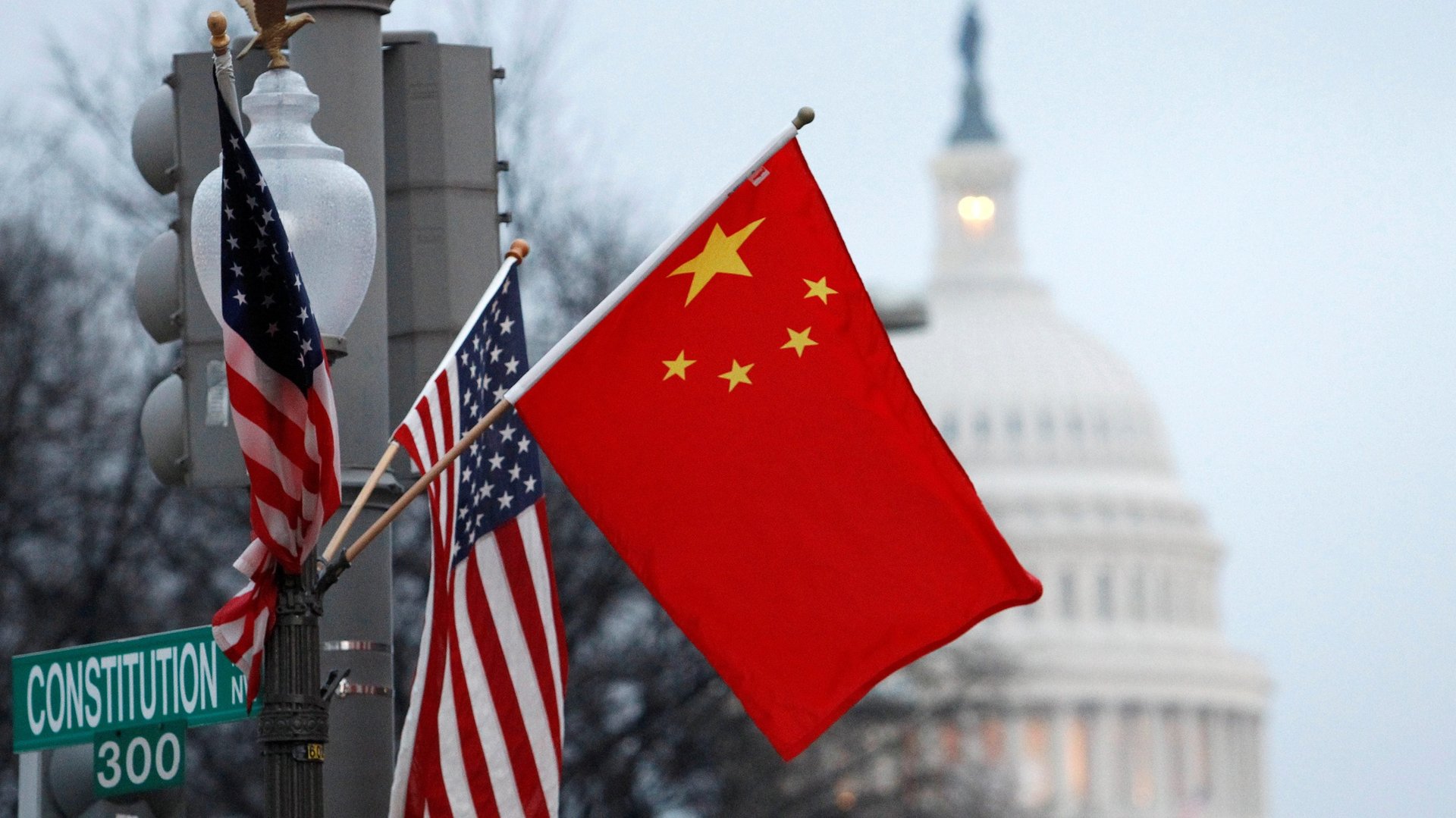The US blacklists 23 more Chinese companies for suspected abuses in Xinjiang
The US Department of Commerce added 23 Chinese entities to its blacklist, including 14 it alleges “have enabled Beijing’s campaign of repression, mass detention, and high-technology surveillance” against ethnic and religious minorities in the northwest region of Xinjiang, where the US has accused the Chinese government of committing “genocide and crimes against humanity.”


The US Department of Commerce added 23 Chinese entities to its blacklist, including 14 it alleges “have enabled Beijing’s campaign of repression, mass detention, and high-technology surveillance” against ethnic and religious minorities in the northwest region of Xinjiang, where the US has accused the Chinese government of committing “genocide and crimes against humanity.”
It’s the fourth time since 2018 that the Department’s Bureau of Industry and Security (BIS) has added Chinese officials or companies to its Entity list. The designation restricts US companies from working with the firms, or selling goods and services to them without a specific license. Of the 23 companies added to the blacklist, the Commerce Department accused 14 of direct involvement in human rights abuses in Xinjiang, five of “directly supporting” the Chinese military’s “modernization programs,” and four of violating previous US sanctions by doing business with blacklisted companies.
“The Department of Commerce remains firmly committed to taking strong, decisive action to target entities that are enabling human rights abuses in Xinjiang or that use US technology to fuel China’s destabilizing military modernization efforts,” secretary of commerce Gina Raimondo said in a statement. “We will continue to aggressively use export controls to hold governments, companies, and individuals accountable for attempting to access US-origin items for subversive activities in countries like China, Iran, and Russia that threaten US national security interests and are inconsistent with our values.”
Why did the US sanction Chinese companies?
In 2020, the Trump administration accused the Chinese Communist Party of perpetrating ‘genocide’ and ‘crimes against humanity’ in its treatment of the Uyghurs, a predominantly Muslim group that mostly lives in Xinjiang and has always had tense relations with Beijing. (It’s a claim China denies, and it has sanctioned some American, European, Canadian, and British officials for spreading what it considers to be falsehoods about its security programs in Xinjiang.)
More specifically, then-US secretary of state Mike Pompeo accused Chinese authorities in Xinjiang of:
1️⃣ Arbitrary imprisonment or other severe deprivation of physical liberty of more than one million civilians.
2️⃣ Forced sterilization and forced labor.
3️⃣ Torture of a large number of those arbitrarily detained.
4️⃣ The imposition of draconian restrictions on freedom of religion or belief, freedom of expression, and freedom of movement.
In June 2020, four US government departments issued a joint advisory for businesses with supply chains or hiring networks in Xinjiang (pdf), warning them of “reputational, economic, and legal risks.” Companies that do business with blacklisted Chinese entities without the correct license, or without completing their due diligence, can face hefty fines or sanctions, and their executives could end up in jail.
What Chinese companies are on the US sanctions list?
The latest update adds the following companies to the Entity List: